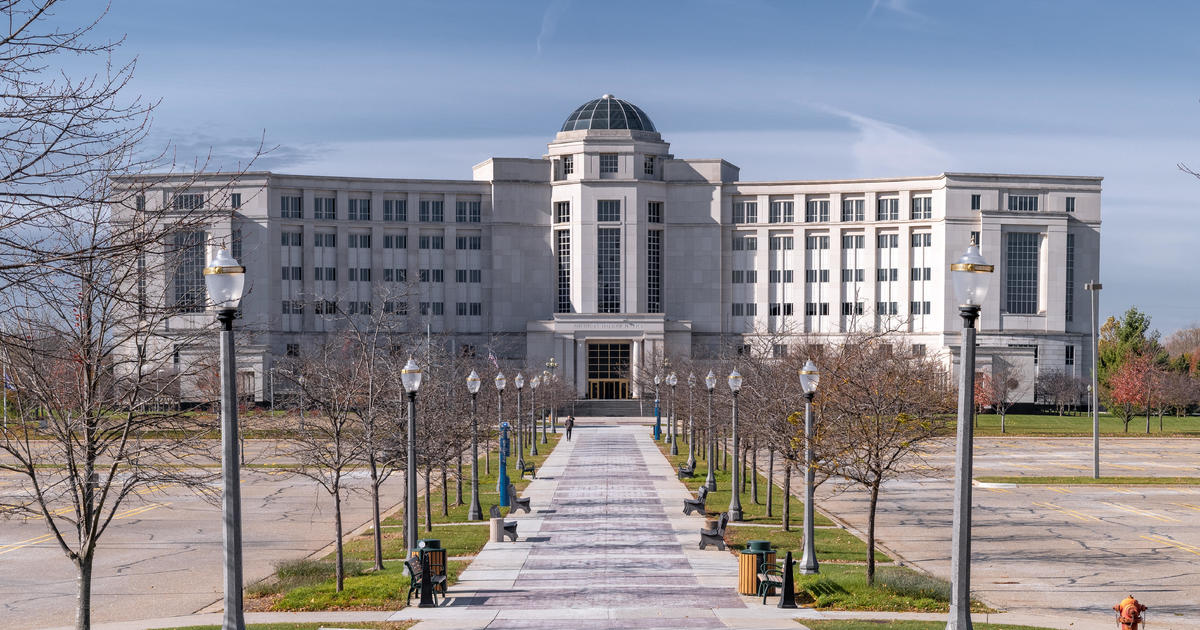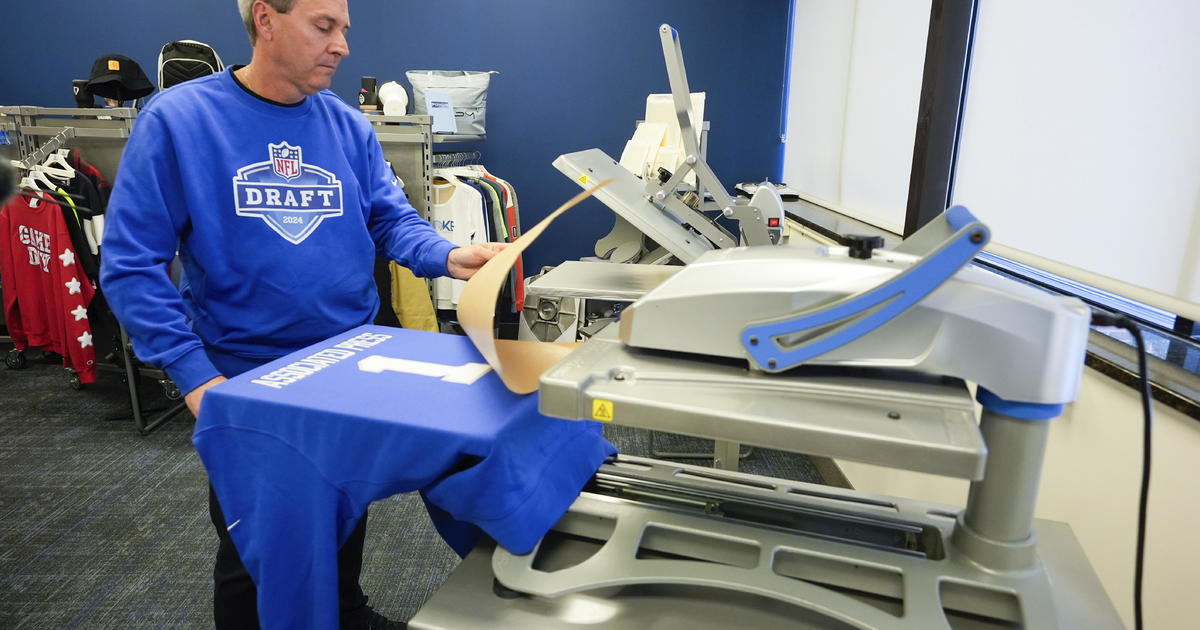New Year Paints New Michigan Economic Picture
LANSING, Mich. (AP) - State budget director John Nixon likes getting together with fellow budget directors these days because it gives him a chance to brag about Michigan.
After a decade of ongoing deficits, "we're in a position now where we're not in crisis management mode," Nixon told The Associated Press in an interview marking his first year on the job. "We made the tough decisions last year, brought the budget into balance, and so now I'm able to go to the governor and say, `Hey, governor, we have X million dollars' worth of growth. Where do we want to strategically invest it?"
That's far different than in the past decade, where a long slide down the economic ladder due largely to the shrinking of the domestic auto industry and the 2008 national financial meltdown left Michigan with recurring deficits.
On Friday, when the state treasurer and directors of the House and Senate fiscal agencies meet to set the annual revenue forecasts, the mood should be far more upbeat. Over the course of last year, Republican Gov. Rick Snyder and lawmakers dealt with a $1.4 billion shortfall without resorting to one-time fixes. A small uptick in the economy means Michigan's coffers are filling up more than the three officials expected during their most recent revenue conference last May.
So there won't be a deficit facing the state, even though Snyder and GOP lawmakers pushed through a business tax cut of more than $1 billion that took effect a week ago. Spending was cut and taxes on individuals raised by a similar amount to keep the budget in balance.
Not all of the changes have been popular, especially now that many retirees face paying income tax on their pensions. But the changes have eliminated the sense at most revenue estimating conferences over the past 10 years that a train wreck was imminent.
Like the leaner General Motors Co. and Chrysler Group that emerged after bankruptcy, Michigan now is able to stay afloat with less revenue. That's good, because the Senate Fiscal Agency expects the state to see slower revenue growth this fiscal year than last and anticipates state revenues will increase less than 1 percent in the fiscal year that starts Oct. 1.
The slow revenue growth is tied directly to the fact that the U.S. and Michigan economies are improving at a far-from-robust pace. The state jobless rate, which dropped below 10 percent in November for the first time in three years, is likely to remain around a 10.6 percent annual rate this year and the next, according to the SFA. The more than 800,000 jobs lost between mid-2000 and mid-2009 largely remain gone.
"Even with something approximating normal employment growth in Michigan, it is unlikely that Michigan will reach the level of employment reported in June 2000 again for decades," the SFA said in its economic outlook.
The slow pace of the recovery is a good reason to remain cautious about spending state money, Nixon said. While advocates for public schools and universities, low-income residents and local governments are urging that anticipated surpluses be used to ease some of the budget cuts made this year, Nixon wants to use the money to pay down the state's unfunded pension obligations for teachers and beef up the state's rainy day fund. "I don't know if the growth in state revenue is going to keep up" with the demand for services such as Medicaid, which provides health care coverage for low-income seniors, pregnant women and children, he said. The budget director added that the state will get $60 million less than expected from taxes on pensions because of a Michigan Supreme Court decision.
The expected surplus - whose exact size will be decided at Friday's revenue estimating conference - means "we will be able to address the hot spots, but we're not going to be able to address everything," Nixon said.
Still, he's optimistic the state is now on an even keel. He hopes to see Michigan's credit rating improve once analysts from the three rating agencies - Standard & Poor's, Moody's and Fitch - visit in coming months. Fitch Ratings revised its outlook for Michigan bonds in July from stable to positive, reflecting what it called "prudent budgeting" and a state economy that's beginning to slowly rebound. But none of the three has upgraded its ratings, which affect a state's fiscal reputation and borrowing costs.
"I would love to see an uptick this year," Nixon said. "I don't think it's out of the question."
For now, the state budget director anticipates continued economic growth for Michigan, a state he now wholly embraces after giving up his job as Utah budget director to work for Snyder. When he started a year ago, Nixon said he got nothing but negative comments from fellow budget directors.
"Everyone was, `You're Michigan. You guys are dead last in everything,"' he said. Now, "it's fun for me to go meet with my peers across the country and say, `My budget's better than your budget.' ... I'm very bullish on Michigan."
(Copyright 2012 by The Associated Press. All Rights Reserved.)



